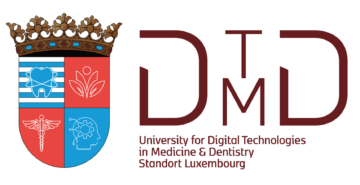This post is also available in:
Deutsch
matriculation
Subject to the terms and conditions of DTMD University, I hereby enroll in the course of study listed below. In accordance with DTMD University's Terms and Conditions, I hereby apply for the degree program listed below.
With my registration I assure that I will fill in / have filled in all the following information completely and truthfully to the best of my knowledge and belief. I understand and agree that in case of incomplete or even false information, the DTMD University Examination Office may invalidate my enrollment and, in accordance with the respective examination regulations, the result of individual examination, module or even overall performance (degree, title). This includes my obligation to reimburse DTMD University for those costs incurred as a result of my misconduct.
"*" indicates required fields
